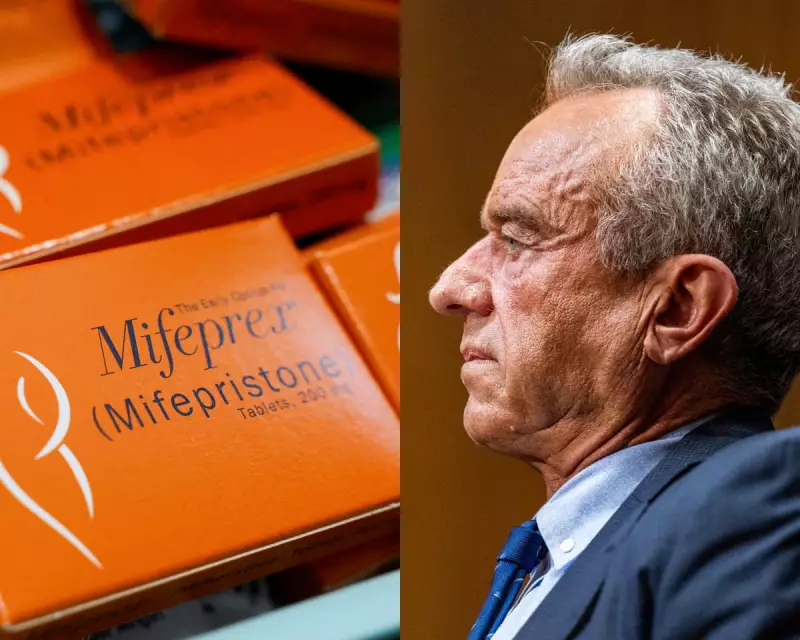
In a move that signals a dramatic hardening of their stance on reproductive rights, Donald Trump and his vice-presidential pick Robert F. Kennedy Jr have unveiled plans for an unprecedented federal crackdown on the widely used abortion medication mifepristone.
The controversial proposal, announced during a campaign rally, represents the most aggressive anti-abortion policy position taken by a major presidential ticket in decades. It aims to effectively ban the pill through executive action, bypassing Congressional approval.
The Mechanics of the Proposed Ban
Central to their strategy is the intention to direct the Food and Drug Administration (FDA) to revoke its long-standing approval of mifepristone, a medication used in over 60% of US abortions. This approach would utilise executive power to achieve what legislative efforts have failed to accomplish: a nationwide prohibition on medication abortion.
Legal experts immediately questioned the viability of such a move, noting that FDA drug approval decisions are traditionally based on scientific evidence rather than political ideology. The move would almost certainly trigger immediate legal challenges from pharmaceutical companies, medical associations, and reproductive rights organisations.
A Calculated Political Strategy
The announcement appears designed to galvanise Trump's conservative base while capitalising on Kennedy's history of vaccine scepticism and distrust of federal health agencies. By framing the issue around FDA oversight rather than abortion itself, the campaign seeks to broaden appeal to voters wary of government overreach.
However, the strategy risks alienating moderate Republicans and independent voters who have consistently rejected extreme abortion bans in state-level elections since the Supreme Court overturned Roe v. Wade.
Immediate Backlash and Legal Precedents
Reproductive rights groups responded with outrage, labelling the proposal "a dangerous assault on scientific integrity and women's healthcare." Medical associations emphasised mifepristone's exemplary safety record, backed by over two decades of rigorous research and real-world use.
The Supreme Court recently preserved access to mifepristone in a unanimous decision, though legal scholars note that a future administration could attempt to challenge the drug's approval through different legal channels.
The Broader Implications
This policy position places abortion access squarely at the centre of the presidential campaign and raises stark questions about the independence of federal health agencies. It also signals a potential shift in how pharmaceutical approvals might be handled for other controversial medications should Trump return to power.
With medication abortion becoming increasingly crucial for reproductive healthcare nationwide, the outcome of this proposed policy could reshape the landscape of women's rights for generations to come.





